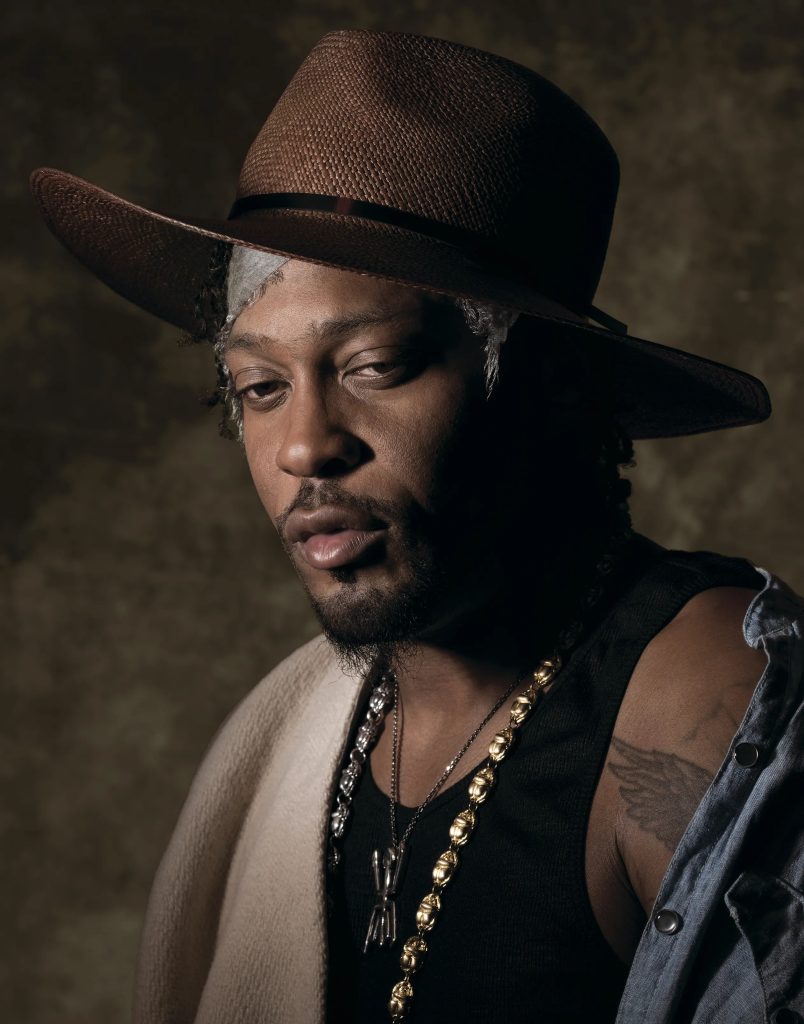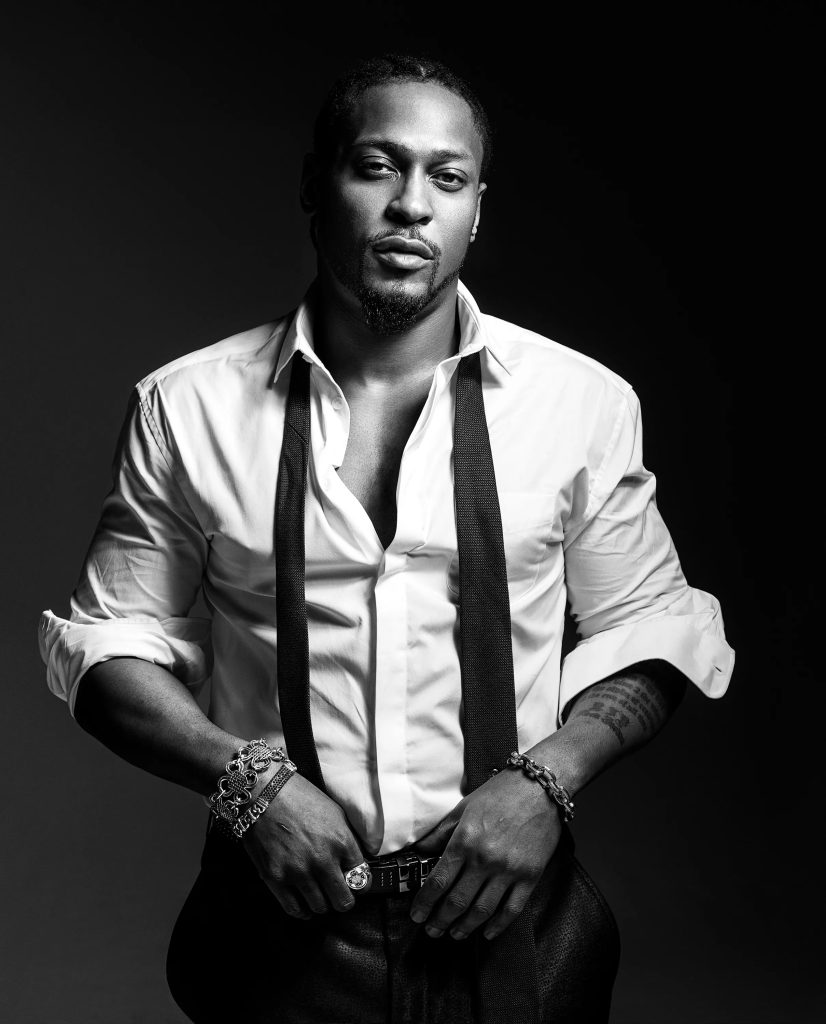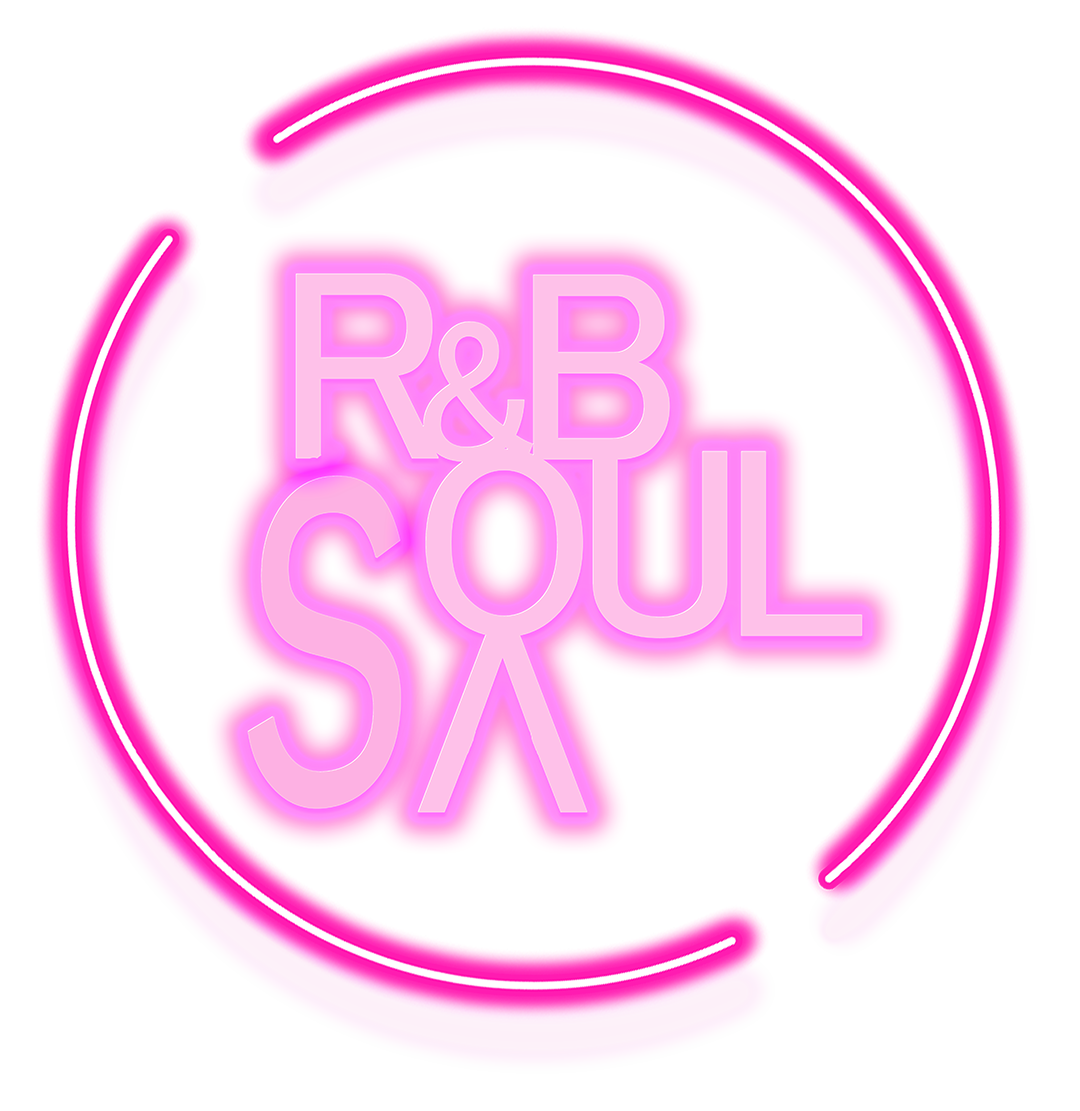ul with the freshness of hip-hop, funk, jazz, and gospel. His influence still reverberates through today’s music.
R&B Legend D’Angelo Dies at 51 — A Soul Pioneer Who Redefined a Generation of Music
The music world is mourning the loss of a true icon. D’Angelo, the Grammy-winning artist and visionary force behind the neo-soul movement, has passed away at the age of 51 after a private battle with cancer, his family confirmed earlier this week.
Known for his velvet voice, magnetic presence, and genre-bending creativity, D’Angelo wasn’t just an artist he was a cultural force. From the moment he emerged in the mid-1990s, he helped redefine what R&B could be, blending the roots of classic soul with the freshness of hip-hop, funk, jazz, and gospel. His influence still reverberates through today’s music.

The Soulquarian Sound
Born Michael Eugene Archer in Richmond, Virginia, D’Angelo rose to fame with his critically acclaimed 1995 debut album Brown Sugar. The project, which included hits like “Lady” and the title track “Brown Sugar,” introduced a raw, organic sound that stood in contrast to the highly polished R&B dominating the charts at the time. It wasn’t just a debut it was a declaration that soul music had evolved, and D’Angelo was leading the way.
But it was his 2000 masterpiece, Voodoo, that cemented his legacy. Released under the collective creative energy of the Soulquarians alongside artists like Questlove, Erykah Badu, J Dilla, and Common Voodoo fused live instrumentation with experimental rhythms. It gave us the unforgettable single “Untitled (How Does It Feel),” a sensual slow-burn that became iconic both musically and visually.
Voodoo won the Grammy for Best R&B Album in 2001, and D’Angelo took home Best Male R&B Vocal Performance for “Untitled.” The album has since been regarded as one of the greatest R&B albums of all time, a blueprint for future artists pushing genre boundaries.
A Quiet Giant in a Noisy Industry
D’Angelo was never one to chase fame or headlines. After the success of Voodoo, he retreated from the public eye for over a decade, battling personal demons and navigating the pressures of an industry eager to shape him into a commercial superstar. When he returned in 2014 with Black Messiah, the world listened and remembered why he mattered.
Black Messiah was a protest record, a soulful call to consciousness released during a time of political unrest and racial tension. It won a Grammy for Best R&B Album and reminded fans and critics alike that D’Angelo’s voice still had the power to move hearts and stir minds.
A Legacy That Lives On
D’Angelo’s influence is nearly impossible to measure. His music inspired a generation of artists from Frank Ocean, H.E.R., and Daniel Caesar to Anderson .Paak and Brent Faiyaz. His use of analog warmth, live instrumentation, and emotional vulnerability reshaped R&B and helped give birth to what is now called “alternative R&B.”
More than a musician, he was a standard-bearer for artistic integrity. He reminded the world that you could honor the past while still sounding entirely new, that you could be soulful and political, vulnerable and powerful all at once.
Tributes Pour In
Since news of his passing broke, tributes have flooded in from across the music industry. Tyler, the Creator called him “a god-tier architect of feeling in music.” Nile Rodgers described him as “a genius whose voice carried the weight of Marvin, Prince, and something entirely his own.” Jill Scott, who collaborated with him during the Soulquarian era, wrote, “We lost one of our purest souls thank you for showing us how deep soul really goes.”
Final Note
D’Angelo didn’t just make music he changed it. He was a bridge between eras, a rare artist whose voice could make you feel something deeply personal and universally human all at once. In an industry often driven by trends, he remained timeless.
His passing marks the end of an era, but his music and the revolution he led will live on





GIPHY App Key not set. Please check settings